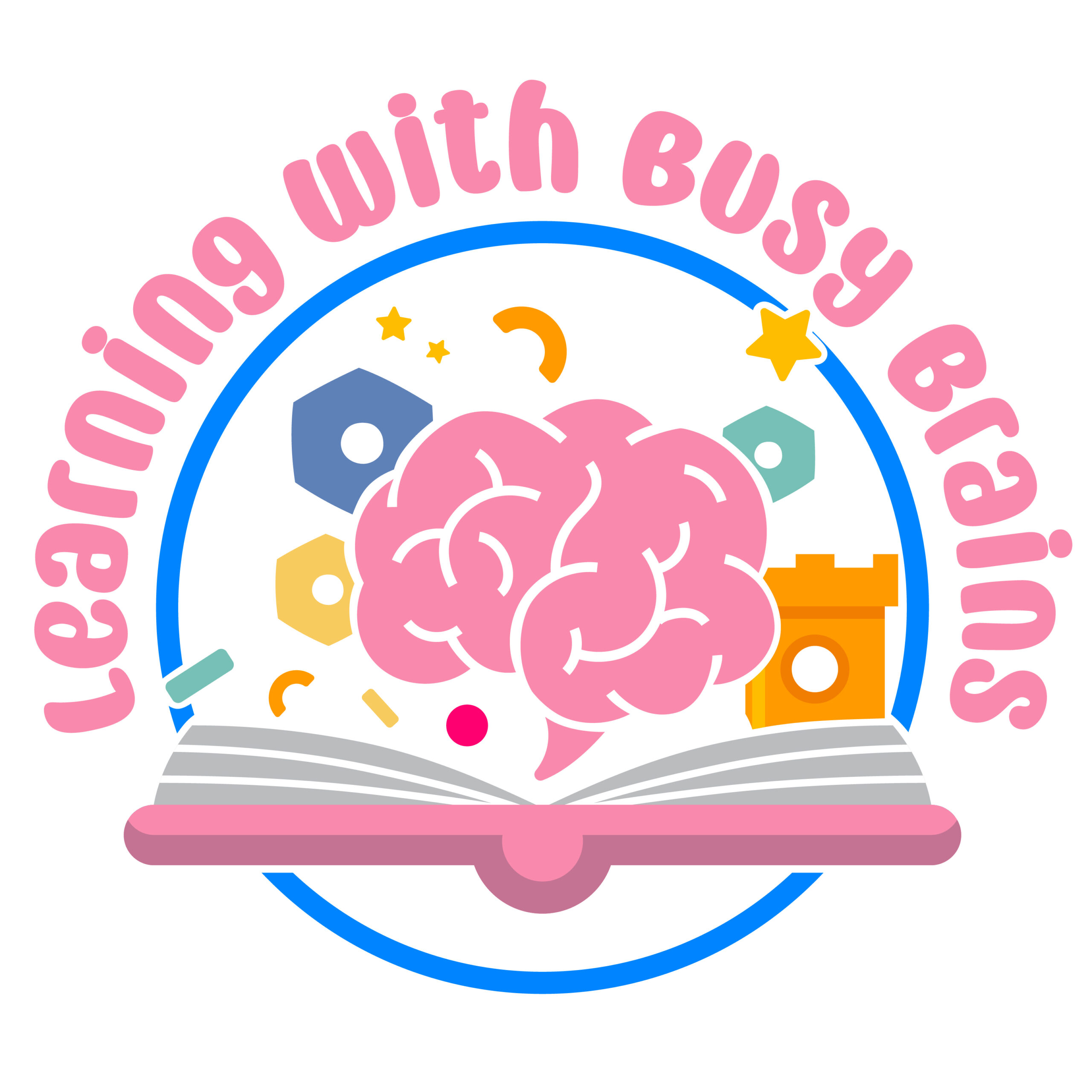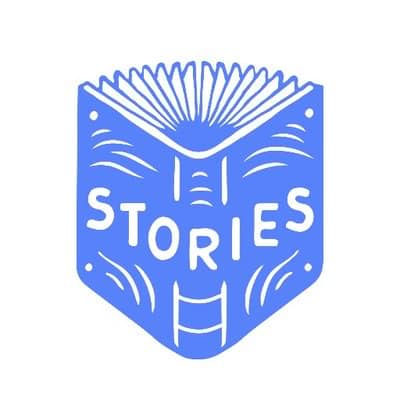In our homeschooling journey, we aim to educate our children with materials that nurture their minds and hearts while adhering to Islamic values. Living far from a Salafi community and asatidzah (scholars), we turn to online resources and advice from trustworthy scholars to guide our educational choices. Recently, I came across an insightful post by Ustadh Abu Khadeejah, who discussed the use of storybooks in Islamic education. His guidance inspired me to create a clear set of guidelines for choosing storybooks in our homeschool.
Ustadh Abu Khadeejah’s Commentary on Storybooks
In his post, Abu Khadeejah explains that it is permissible to use fictional stories to educate young people, provided the stories promote positive values, such as good manners, generosity, and proper language development. However, he warns against stories containing harmful elements like fornication, shirk, or ill manners, regardless of whether the story is true or imagined. He emphasizes the need to avoid books with content that contradicts Islamic teachings. Below is his original commentary:
*”The use of stories that are imagined in the minds of authors for the purpose of education of young people is permitted according to some scholars (such as Ibn Uthaymeen). Meaning: if it is to teach them and benefit them in a positive manner (manners, good character, generosity, language, etc.).
However, if these stories contain evil, such as fornication, shirk, ill-manners, etc., then they should be avoided regardless of whether they are imagined in the mind of an author or even if they are true events.
One should avoid reading material that contains any munkar (kufr, bid’ah, lewdness or sin), true or false, books or magazines. However, if one is compelled by the institutional education system, then the children are informed about the munkar by the teacher as the story goes along.
As for references to ghouls, then we believe in their existence because they are referred to in a hadeeth of the Prophet, reported by Abu Dawood (and authenticated by Al-Albāni). The hadeeth warns us from thinking that ghouls can harm humans, and Muslims believe that harm and benefit is only by Allah’s Will, as Al-Khattābi and Ibn Bāz explained. Ibn Bāz also said that the ghoul is a type of Jinn that the people of jāhilyyah would fear when traveling through the desert because they would be confronted by it – and it would lead people away from the path.
So the mere mention of them is not a sin, or shirk or kufr. However, to be afraid of them with the fear that is unnatural is not permitted, and to call upon them for protection is forbidden – they are nothing more than Jinn. If one is confronted by a ghoul, the Prophet commanded with the adhān to repel it. Ibn Baz stated: Also with dhikr and seeking refuge.
So returning to what you asked, then the children should be taught the best of stories as much as one possibly can, whether real or imagined in the minds. Additionally, there should be a distinction in their minds that a particular story is true, and the other is imagined.”*
— Abu Khadeejah, via Facebook.
Applying This Guidance in Our Homeschool
Based on Ustadh Abu Khadeejah’s advice, we have established the following guidelines for selecting and using storybooks in our homeschool:
1. The Purpose of Storybooks
The main purpose of storybooks, whether fiction or non-fiction, is to benefit our children by instilling positive traits such as kindness, generosity, and good manners, and by enhancing their language skills. We select stories that align with these values and avoid any that promote negativity or confusion.
2. Avoiding Harmful Content
We carefully screen books to ensure they do not contain any haram content, including:
- Shirk (associating partners with Allah)
- Fornication or immorality
- Bad manners or disrespectful behavior
Even if a story is required by an educational institution, we make sure to explain to our children the Islamic view on any inappropriate themes.
3. Understanding Fiction vs. Reality
In line with Abu Khadeejah’s advice, we teach our children to distinguish between fiction and reality. We explain that some stories are based on real events, while others are created in the imagination of the author. This helps them understand that while fiction can teach valuable lessons, it remains a product of the author’s creativity.
4. Addressing Supernatural Elements
Some stories may include supernatural elements like ghouls or mythical creatures. We use these moments to explain the Islamic perspective: Jinn exist, but they can only harm by Allah’s will. We remind our children to trust in Allah, recite the appropriate dhikr, and understand that these beings are part of creation, not something to be feared irrationally.
5. Using Non-Fiction
While Abu Khadeejah’s post focused on fictional stories, non-fiction is also an essential part of our homeschool. Non-fiction books, such as biographies, history, and science, are a great way to broaden our children’s understanding of the world. We apply the same screening principles to ensure the content aligns with Islamic values.
The Importance of Islamic Guidance in Education
As a homeschooling family living far from Salafi scholars and not within a Salafi community, we are grateful for the guidance that scholars like Abu Khadeejah provide through online platforms. Their advice helps us make informed decisions in our homeschooling journey. This is especially valuable when we face challenges in asking questions directly due to our geographic distance. Through his detailed guidance, we can ensure that our children grow up with a balanced and Islamic approach to education.
That’s wonderful that you’ve found that your oldest daughter thrives on reading stories! Incorporating that into your homeschooling approach, especially with her ADHD, is key to making learning both effective and enjoyable. Since she engages more with stories rather than traditional language arts curricula, it makes sense that Brave Writer, which emphasizes creativity, story-telling, and a natural approach to writing, would be a good fit for your family.
Here’s how you can frame this in your blog and integrate Abu Khadeejah’s guidelines while explaining why you choose story-based learning for your daughter:
Why Story-Based Learning Works Best for Us:
My oldest daughter, who has ADHD, has always thrived on reading stories. While a traditional language arts curriculum may focus more on worksheets and structured grammar lessons, we’ve found that her love for stories gives her the motivation and joy to read and learn without feeling overwhelmed by rigid programs. Stories capture her imagination, help her retain information, and allow her to engage with the material in a way that truly resonates with her.
That’s why we use Brave Writer in our homeschool, as it aligns with our educational goals and values. Brave Writer’s focus on using living literature, writing from personal experiences, and creating a love for words is a perfect fit for her ADHD brain, which thrives on creativity, novelty, and emotional connection to what she reads and writes.
However, as we aim to balance creativity with our Islamic values, we make sure that the stories she reads also align with the guidelines mentioned by Ustadh Abu Khadeejah.
Why Brave Writer is Suitable for Us:
For a child with ADHD, the flexibility and creativity of Brave Writer make it an excellent fit. Instead of a traditional language arts curriculum, which may feel restrictive for a neurodivergent child, Brave Writer allows her to:
- Engage deeply with narrative learning and storytelling.
- Explore writing from a place of personal interest and emotional connection.
- Learn language arts through reading literature that excites her and fuels her passion for stories.
This not only supports her learning needs but also ensures that she’s developing a strong sense of moral character, as the stories we choose are aligned with Islamic values.
Choosing Literature with Brave Writer: Insights from Umm Khadeejah
Years ago, I came across an insightful perspective from Umm Khadeejah, a Muslim homeschooler who effectively utilizes the Brave Writer curriculum to select literature for her children. She emphasizes the importance of choosing books that align with Islamic values while also fostering a love for learning and creativity.
Umm Khadeejah recommends several titles that she believes are suitable for Muslim families:
- The Freedom Train: This book, based on the true story of Harriet Tubman, highlights her courageous journey to help others escape from slavery via the Underground Railroad.
- The One and Only Ivan: Although narrated from a gorilla’s perspective, this story is grounded in real events and sheds light on themes of friendship and captivity.
- Wonder: This book, while fictional, tells the inspiring story of a boy with a facial disfigurement and his experiences navigating social challenges.
Umm Khadeejah has found that using the Arrow Guide for Love That Dog, a poem-based story, has sparked creativity in her children, particularly encouraging her youngest to write and illustrate poems inspired by their discussions around the book.
She stresses the need for careful selection when using guides like Arrow or Boomerang, urging parents to read the books beforehand to ensure they reflect the moral and educational values they want to instill in their children. Umm Khadeejah’s approach resonates with my own, as I strive to choose literature that not only excites my children but also nurtures their character in line with our Islamic teachings.
Conclusion
We strive to cultivate a love for learning that is deeply rooted in Islamic values. By incorporating the thoughtful insights of Ustadh Abu Khadeejah and the practical experiences of Umm Khadeejah, we have established clear guidelines for selecting storybooks that enrich our children’s minds and hearts.
Brave Writer has proven to be an exceptional fit for our family, particularly for my daughter with ADHD, allowing her to engage with literature in a way that fosters creativity and emotional connection. As we choose stories that align with our moral framework, we aim to provide not only educational value but also lessons that cultivate good character.
In essence, our approach to story-based learning is guided by a commitment to positive values, careful selection of content, and the joy of exploring narratives together. By remaining mindful of the materials we use, we hope to inspire a lifelong love of learning in our children while staying true to our faith.
References
- Ustadh Abu Khadeejah, “Regarding Storybooks in Islamic Education,” Facebook Post,
- Umm Khadeejah, “Home Schooling with Brave Writer,” A Muslim Homeschool.


